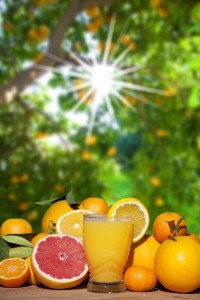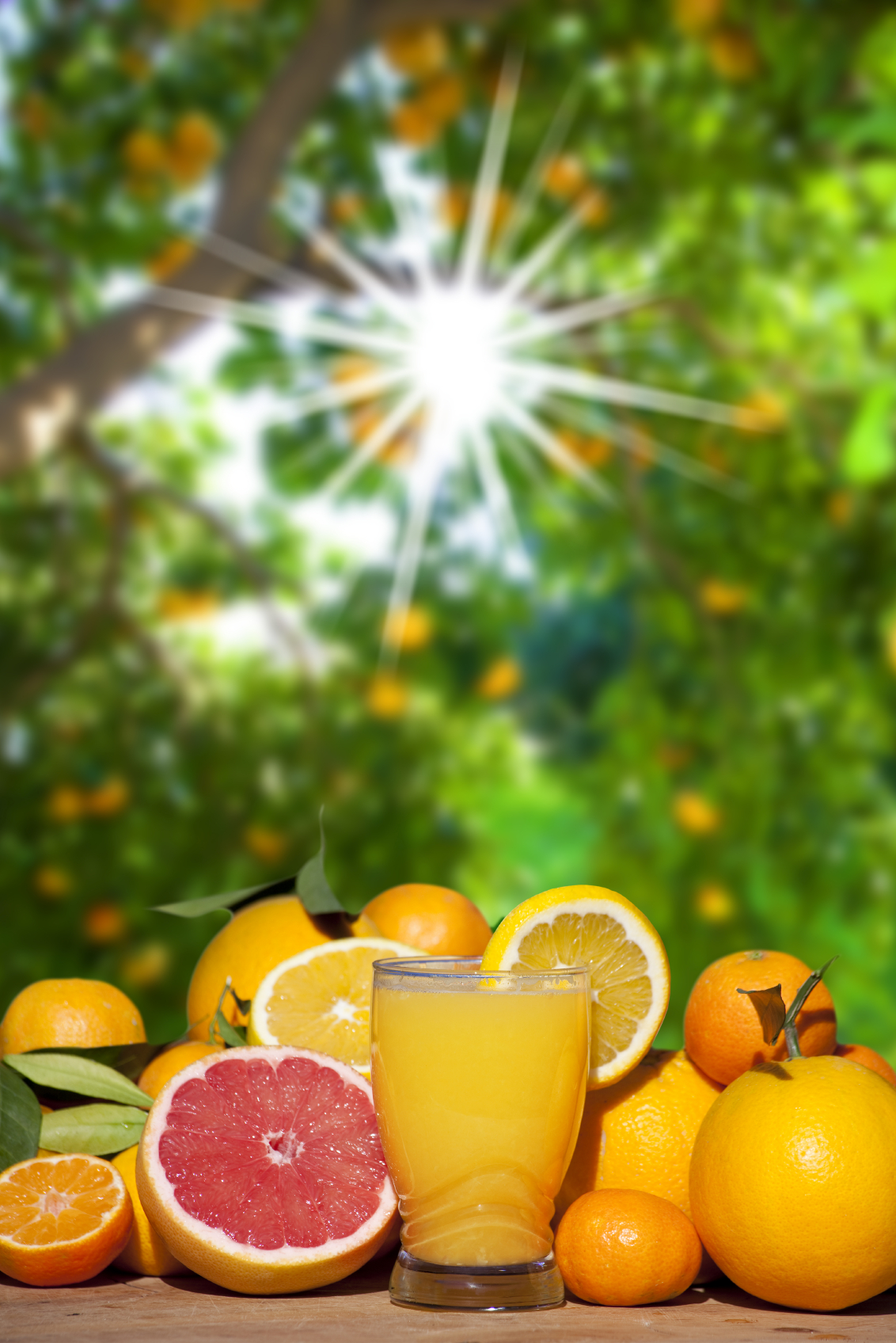Recently, I watched the film “Fat, Sick and Nearly Dead” by Joe Cross (Joe Cross Films, 2010). What an inspiring story! It’s about two overweight men who transformed their health by performing a 60-day juice fast. These two men first meet at a truck stop somewhere in the American Midwest and discover that they suffer from the same inflammatory skin condition, not to mention obesity and unhappiness about their current health status. Joe, our narrator, has already been drinking nothing but juiced fruits and vegetables for several weeks when he meets Phil, who is over 420 pounds. They exchange contact info, and the rest of the film follows Phil through his ‘reboot’, i.e. his juice fast experience. The results are dramatic and impressive, rewarding Phil with a second chance at life.
 While I found the film to be very inspirational (my juicer has returned to a central place on my countertop and is seeing daily use after a winter in hibernation), I feel it necessary to emphasize that it is essential that you not embark on a juice fast on your own. Here’s why you want to be under the supervision of a health care practitioner if you’ve never done this before:
While I found the film to be very inspirational (my juicer has returned to a central place on my countertop and is seeing daily use after a winter in hibernation), I feel it necessary to emphasize that it is essential that you not embark on a juice fast on your own. Here’s why you want to be under the supervision of a health care practitioner if you’ve never done this before:
1. Juice fasting can produce some unpleasant side effects in the consumer as large amounts of toxins are rapidly expelled from the fat cells. This can result in headaches, skin outbreaks, diarrhea and other signs that your body is unable to cope with the volume of waste entering your circulation.
2. You will lose weight on a juice fast, whether you want to or not. Losing it too quickly may increase your risk of gall bladder stones, for instance. If you’ve already got stones, well, then losing a large amount of weight in a short time could potentially cause an obstruction that requires emergency surgery. Trust me: you should keep your gall bladder!
3. Consuming a juice-only diet means you are on a vegan diet. This means it will be devoid of vitamin B-12, retinol (vitamin A) and vitamin D. You’ll need to take supplements to prevent deficiencies in these nutrients.
4. Individuals with diabetes or hypoglycemia shouldn’t fast on just any juice. Juicing removes most of the fibre from fruits and vegetables, allowing the natural sugars to enter the bloodstream much faster than if the food was eaten whole, fibre and all. This means that blood sugars can be difficult to manage without the guidance of a nutritionist.
5. You will have cravings, and when you do, it will probably be for something you know is not healthy. You need a coach to make sure you stay away from the chips, chocolate, burgers, and other junk foods your body may be addicted to. Who better than a nutritionist to be that coach?
Other tips before you embark on this dramatic dietary change:
1. Have an electronic body composition assessment before, during and after your juice fast. This data will identify how quickly you are losing fat, expelling toxins and losing muscle (gasp! it’s likely on this low-protein diet).
2. Even if you aren’t ‘fat, sick and nearly dead’, please—have a health check-up by a qualified health professional before embarking on a juice fast. The two gentlemen in the film did—and it proved to two medical doctors that dramatic changes in diet can produce dramatic, healthy results.
Final thoughts: Juicing is an excellent way to increase your daily intake of vitamins, minerals and antioxidants without having to chew your way through several large salads daily. I believe that if more of us drank fresh juices instead of the pasteurized, “from concentrate” ones that we’d all be the better for it.
Have you ever fasted on juice, and if so, did you have a positive experience?
